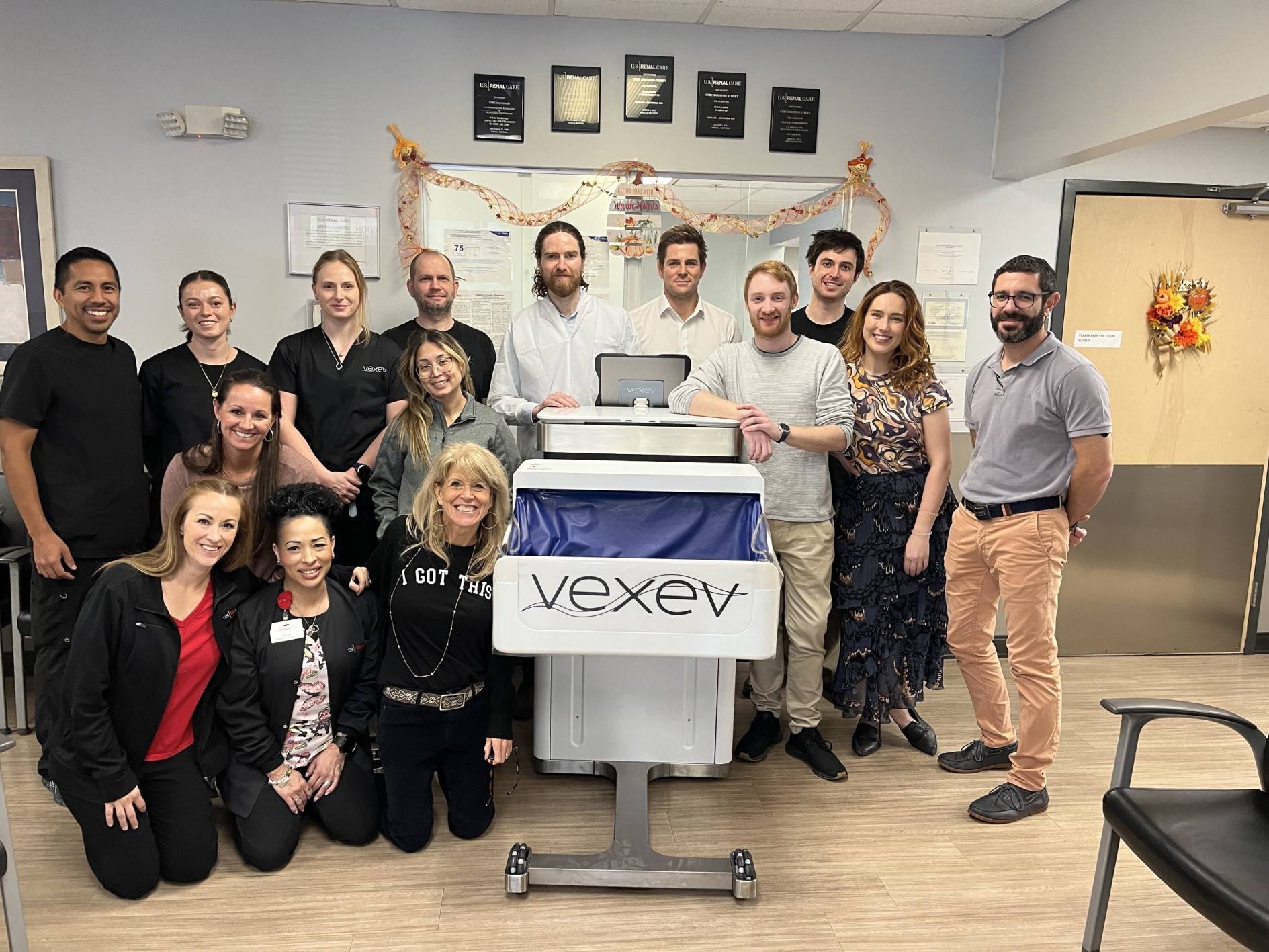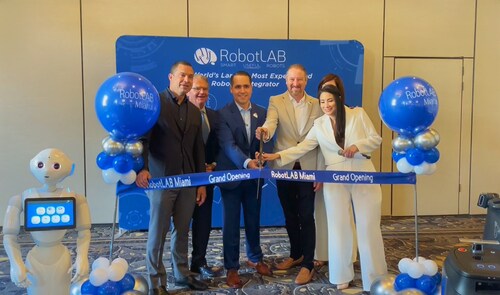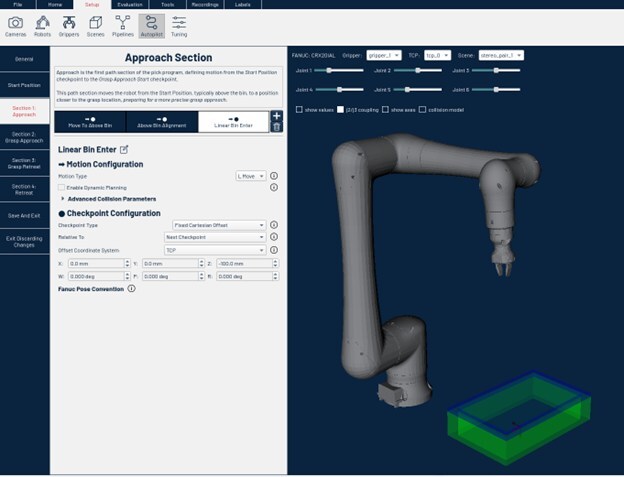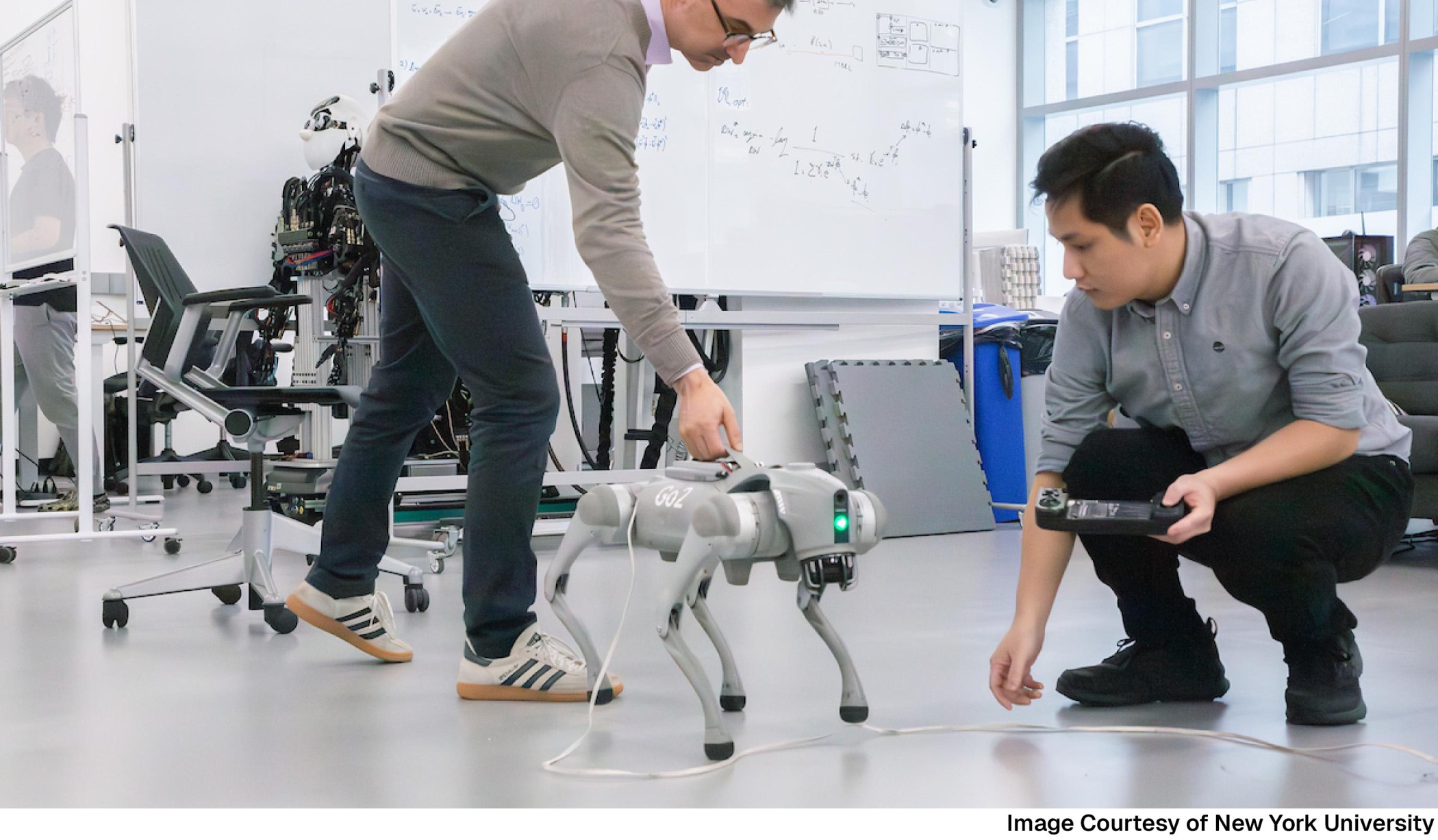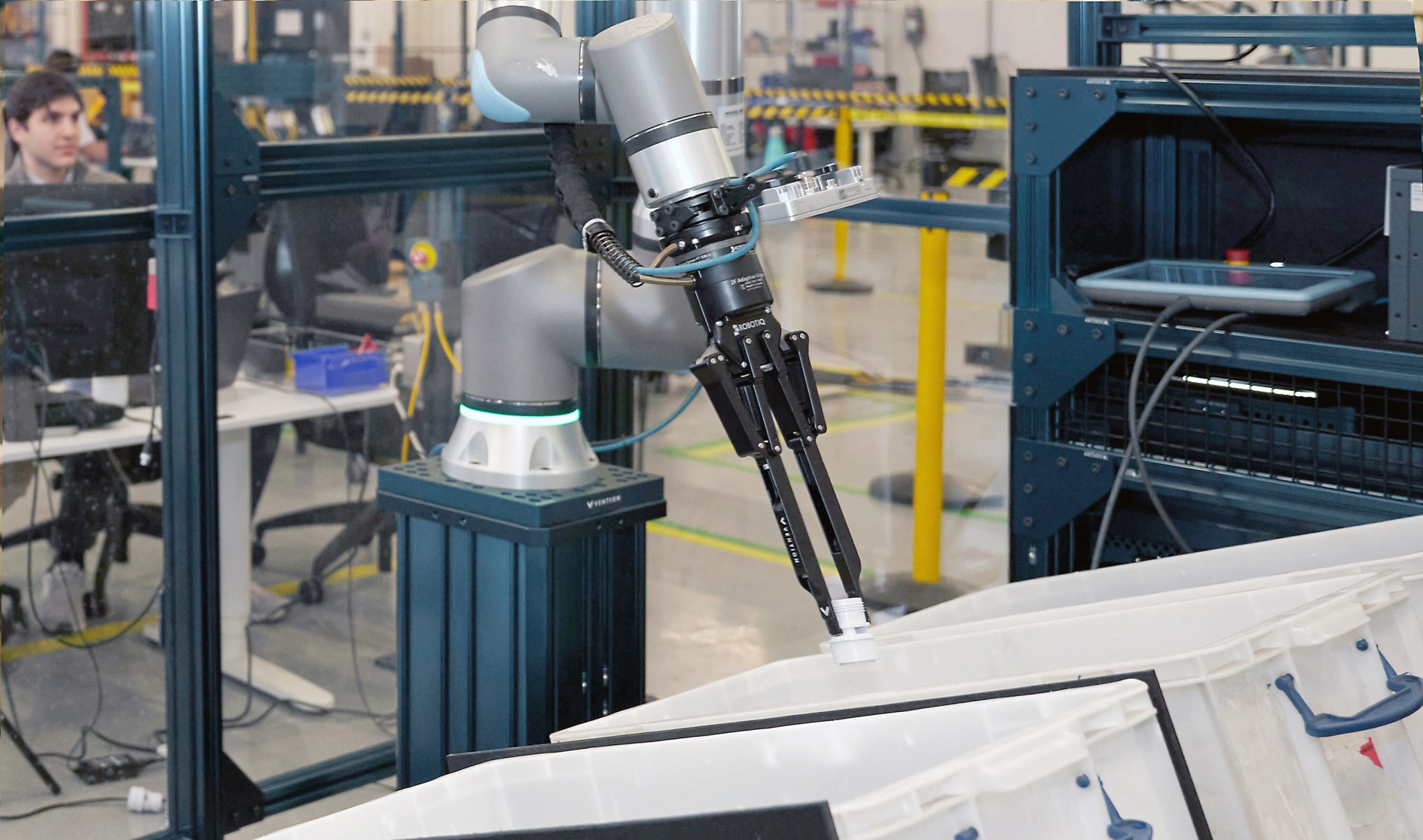Vexev and U.S. Renal Care Complete CANSCAN Trial Enrollment for AI-Guided Vascular Imaging Across North America
With 120 patients enrolled, the CANSCAN study evaluates VxWave™, a semi-autonomous ultrasound system that could transform AV fistula mapping in dialysis clinics—bringing robotic precision and point-of-care access to patients with chronic kidney disease.
Image Courtesy: Public Domain
- CANSCAN study enrolled 120 patients with chronic kidney disease using the investigational, semi-autonomous VxWave™ Ultrasound Imaging System
- The VxWave Ultrasound Imaging System potentially provides important insights into vascular access, to possibly enable earlier creation and use of AV fistula
- Results to be presented at American Society of Nephrology (ASN) Annual Meeting in November
Vexev, an Australian-based medical device company advancing next-generation vascular imaging, and U.S. Renal Care, a leading provider of in-center and home dialysis in the United States, announced the successful completion of enrollment in the CANSCAN clinical trial (NCT06691672). The first-of-its-kind, multi-center feasibility study enrolled 120 patients with chronic kidney disease to evaluate the use of semi-autonomous ultrasound scanning utilizing the VxWave Ultrasound Imaging System for arteriovenous (AV) fistula mapping in dialysis clinics.
"The VxWave ultrasound system may remove one of the biggest hurdles in the creation of vascular access. Patients could have vascular mapping conducted in their dialysis facility, enabling a more efficient way to obtain a permanent vascular access point," commented Varshi Broumand, MD, MHA, FACP, FASN, Interventional Nephrologist at South Texas Renal Care Group and CANSCAN Study Principal Investigator. "Performing the ultrasound scans during the clinic visit would make AV fistula mapping more convenient and timely and potentially avoid sending patients to additional imaging appointments."
An AV fistula is a connection made between an artery and a vein, typically in the arm, to create an access point for patients requiring dialysis. This allows blood to flow quickly and easily during treatment, which helps the body remove toxins more effectively. The VxWave Ultrasound Imaging System is a robotic tomographic ultrasound system specifically designed for upper limb vascular imaging - integrating advanced robotics, machine learning and ultrasound signal processing to create a 3D vascular model and detailed report that potentially provides insights into vascular access points - all at the point of care.
"Validating this concept is the first step toward a future where intelligent machines can perform high-precision medical imaging without a human hand on the probe. The potential for a robotic system guided by AI, delivering real clinical value - it's not science fiction anymore," said Shannon Thomas, MD, Chief Medical Officer, Vexev. "The real excitement begins when this can change lives, not just lab results. This is a huge step forward in our mission to improve the lives of millions of people worldwide living with end-stage kidney disease."
"U.S. Renal Care is committed to delivering innovative treatments that address the most critical needs for people living with kidney disease," said Geoffrey A. Block, MD, FASN, Associate Chief Medical Officer & Senior Vice President, Clinical Research & Medical Affairs, U.S. Renal Care. "The CANSCAN trial of the VxWave Ultrasound Imaging System opens the possibility of integrating semi-autonomous ultrasound imaging into our workflow and improving patient outcomes, by allowing patients to receive life-saving permanent vascular access placed in the optimal location, as quickly as possible."


